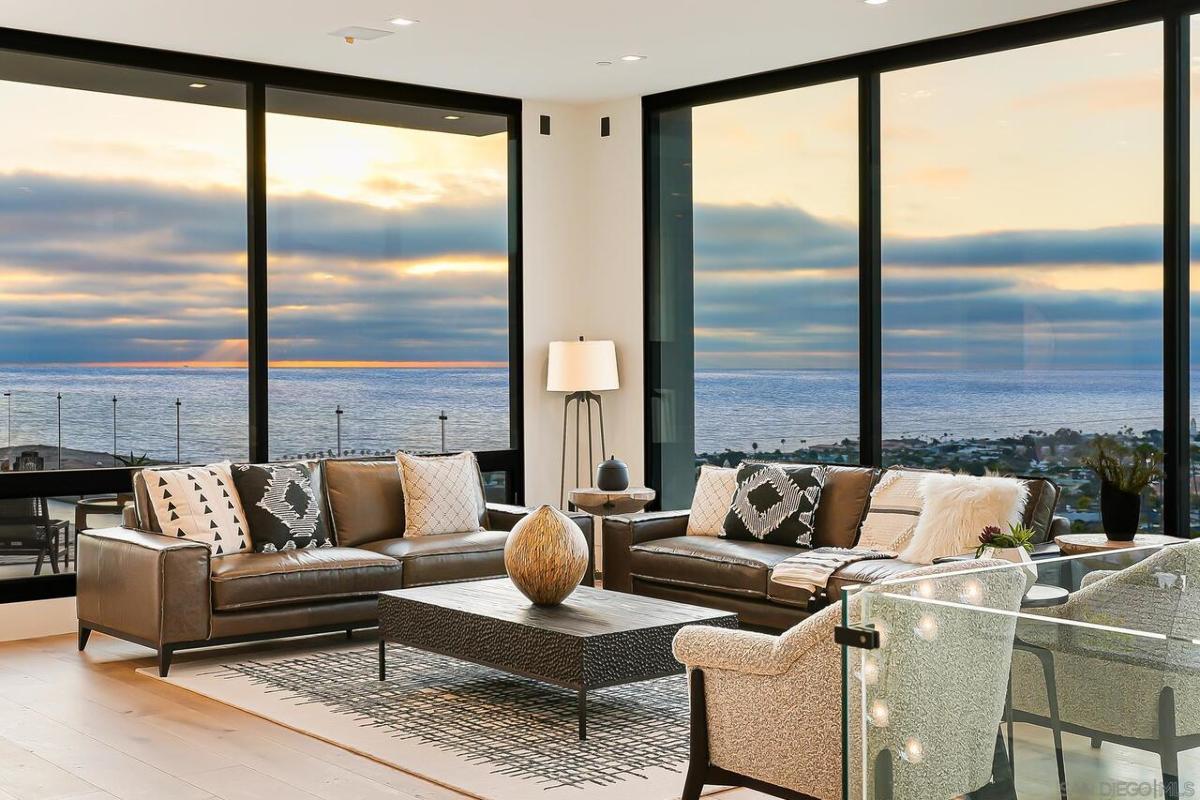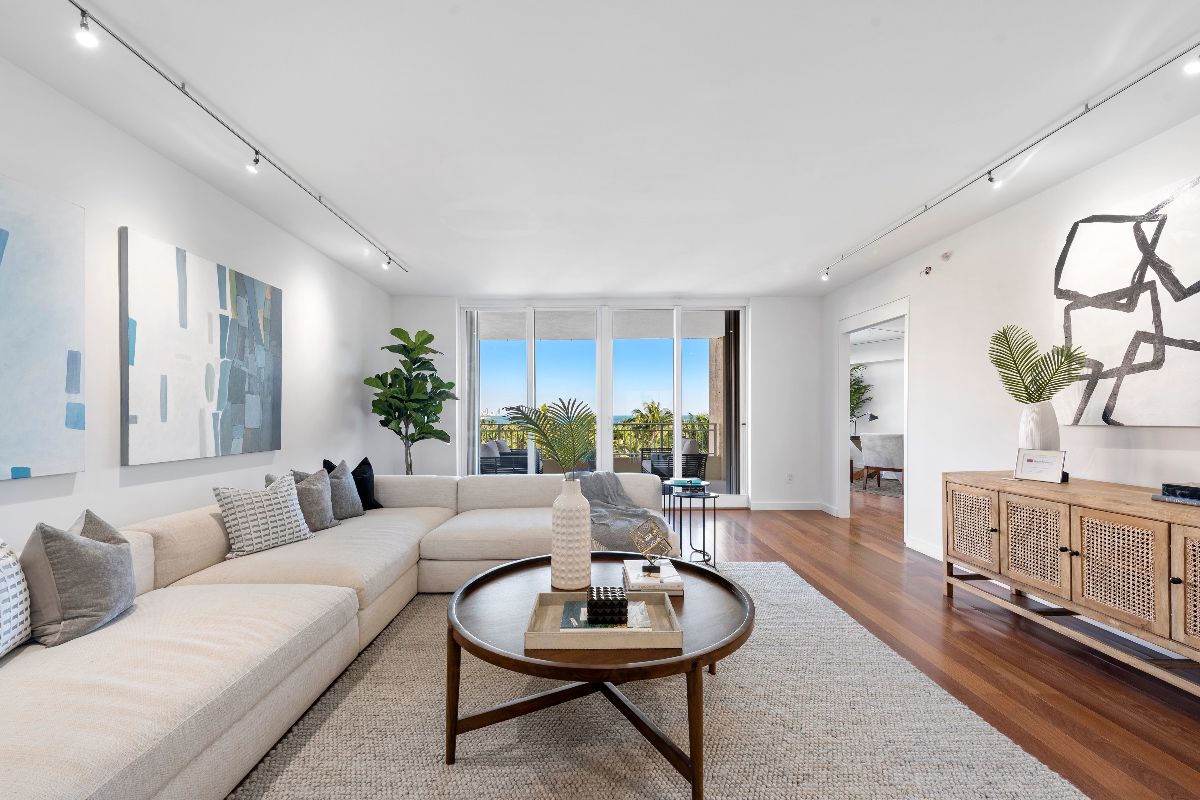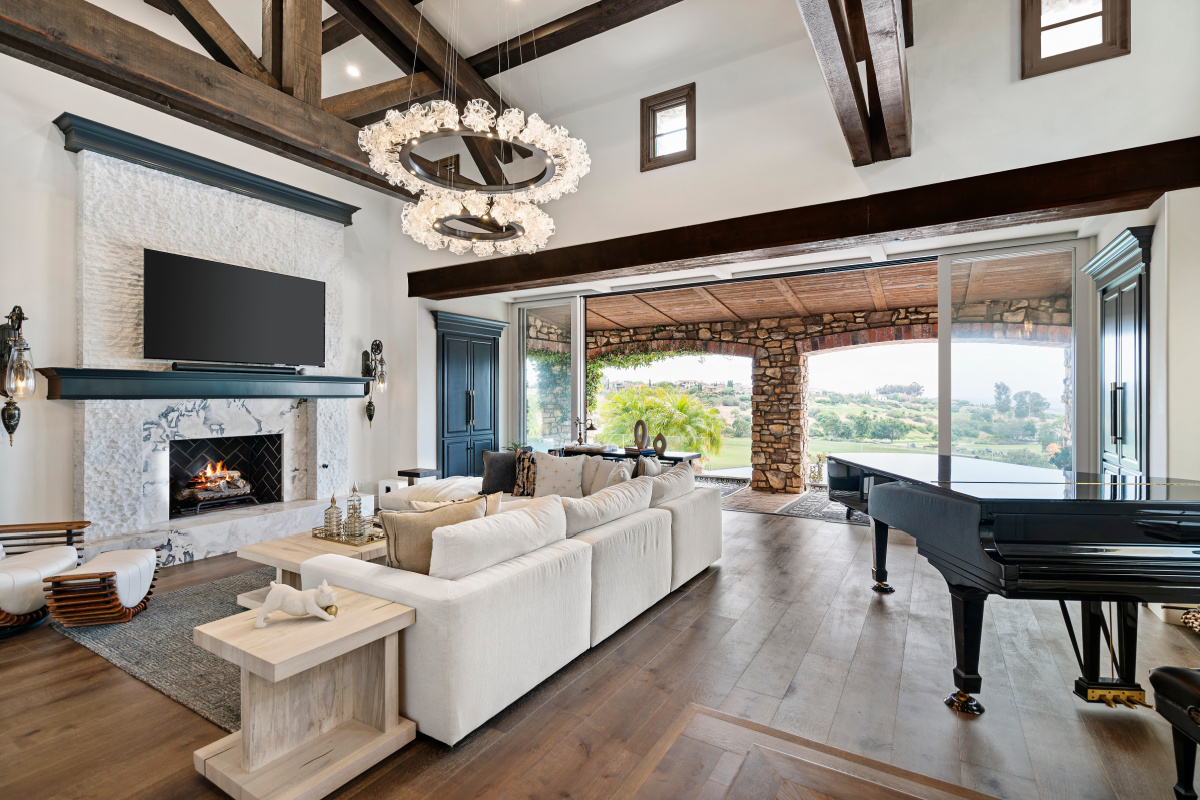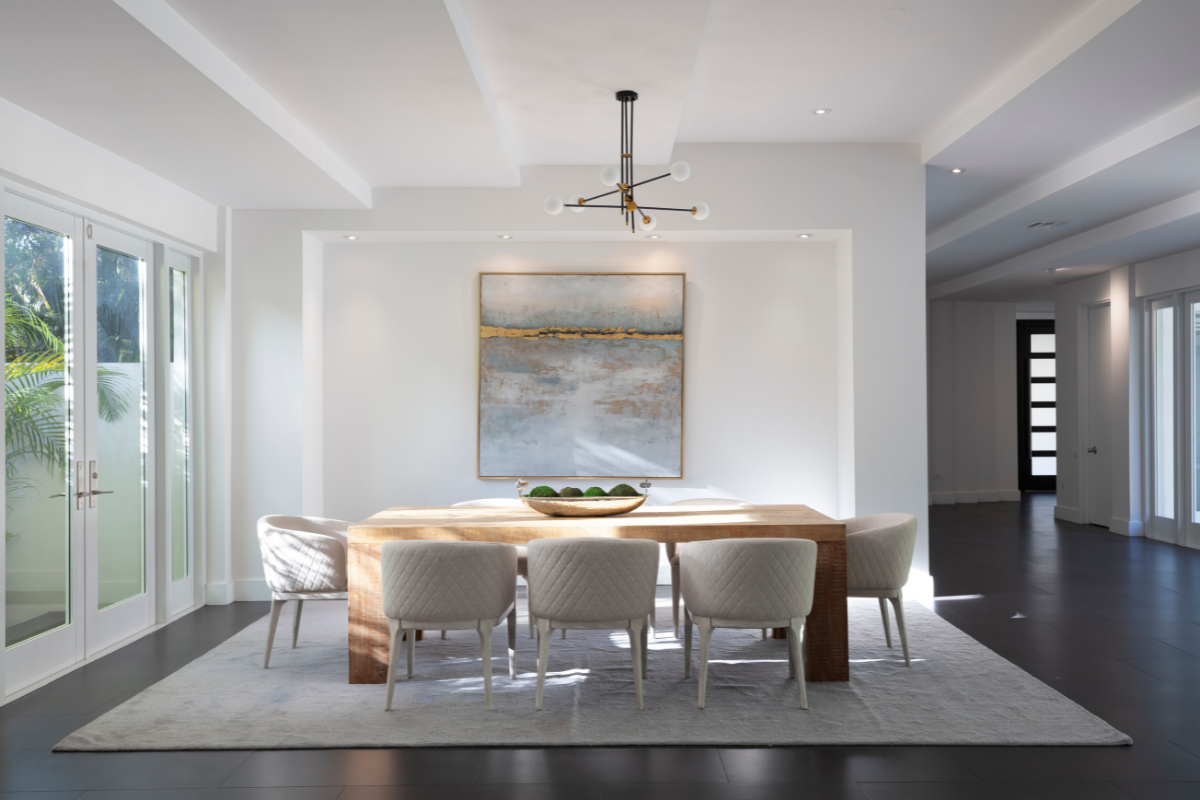
IS HOME STAGING WORTH IT?
Last updated on July 6, 2021, by Casey Bond, Rachel Witkowski

When it comes time to sell your home, you want to attract a buyer who loves it as much as you have for all the years you lived there. But they’re probably not going to fall in love with walls and appliances that look well used by your family.
You need to give your space a new, fresh feel that allows anyone to walk in and see the potential of the property. This is where home staging enters the selling process.

WHAT IS STAGING A HOME?
When potential buyers come to view your home, you want them to see themselves living there—to feel at home and not as if they’re in someone else’s house. Too many personal items around the house can be distracting, but completely bare rooms can also come off as cold and impersonal. Home staging can be the solution.
Staging a home means preparing a property for sale by temporarily furnishing and decorating—and sometimes, renovating—various rooms to make them more attractive. It’s possible to stage a home yourself. However, you can also work with home staging companies that take care of it for you. If you decide to go through a home staging company, your real estate agent may be able to offer a recommendation or a list of referrals to you.

HOW MUCH DOES HOME STAGING COST?
The cost of staging a home depends on a few factors, including where you live, the size of the home, how long it needs to be staged, and the extent of the staging.
It’s a good idea to work with your real estate agent to determine how much staging you’ll need. For instance, they may suggest a bit of decluttering and swapping out some key furniture pieces. In other cases, it may be necessary to repaint, knock out a wall, change out the lighting fixtures, and more. Sometimes, the agent will split the cost of staging with you but expect to foot the entire bill on your own.

BENEFITS OF STAGING A HOME
Though it can be a bit pricey, having your home staged for sale is worth considering. There are a number of benefits to staging, including:
- Help your listing stand out online. With so much competition, your home can easily get lost in the sea of listings across the web. It’s important to do everything you can to stand out. Professionally staged homes are eye-catching and can encourage more buyers to consider your property, even before they see it in person.
- Make your home feel aspirational. It’s important that the home shopper falls in love with the property they ultimately choose to buy. You can help create that emotional connection between a buyer and your home by staging it. Professional color combinations, smart layouts, and unexpected pieces help the buyer develop positive feelings about the space and imagine living in it.
- Show ways to use extra rooms and funky floor plans. When a room is completely empty, it can be tough to envision how it might be used. That’s especially true if there’s an unusual layout or dated features. Staging can help buyers see the potential of a room and how to get the most value out of it. Plus, empty rooms can actually look smaller than they really are; staging can help them appear larger.
- Increase the selling price. If your home has been sitting on the market for a while and you’ve been considering cutting the price to help move it, you might want to try staging it instead. Staging not only tends to help move properties faster, but you could also end up selling for higher than expected.

IS STAGING WORTH IT FOR ME?
Home staging requires an upfront investment that may or may not pay off, but it often does.
More than 80% of real estate agents representing buyers said staging made it easier for their buyers to see themselves in the home, according to a 2021 survey by the NAR. And 23% of agents said that home staging led to increased offers between 1% and 5% compared to similar homes that weren’t staged.
Staging can get your home sold faster, too. According to HomeAdvisor, homes that have been staged spend between 33% and 50% less time on the market. That not only means getting the proceeds of a home sale faster but also spending less money on added expenses such as a rental or storage unit while you wait for the sale to happen.
